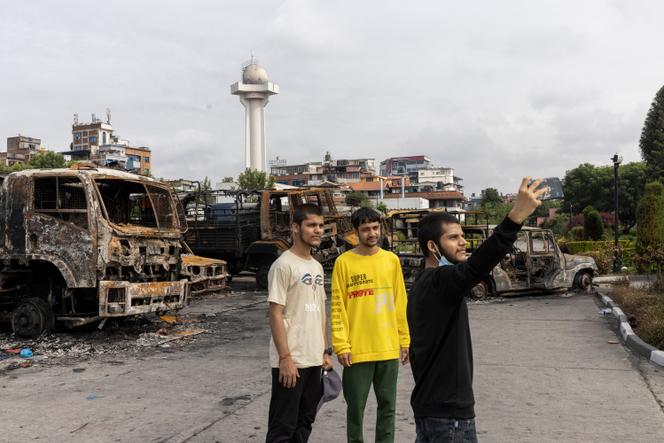


Sri Lanka, Bangladesh, Nepal: Since 2022, a "political tsunami" has swept through South Asia. The eruption, on September 8 and 9, of a protest movement in Kathmandu led by Gen Z, hyperconnected young people born between 1997 and 2012 known as "zoomers," marked the latest in a string of youth-led uprisings that have called for radical breaks with the past, a phenomenon that could spread to Indonesia and the Philippines.
In three years, three governments have fallen to street protests, with events accelerating at a dramatic pace. It only took five months for young Sri Lankans to oust the Rajapaksa dynasty, which had ruled the country for decades, in 2022; six weeks for Bangladeshis to force out Sheikh Hasina, who was 76 and had held power for more than 15 years, in 2024; and just two days for Nepal's Gen Z to bring down the government of Communist prime minister Khadga Prasad Sharma Oli, aged 73, in September 2025.
Pakistan, in May 2023, and Myanmar, in early 2021, might also have joined the list of these "Asian spring" movements, had both countries' extremely powerful militaries not brutally suppressed the surging youth protests.
You have 88.4% of this article left to read. The rest is for subscribers only.
